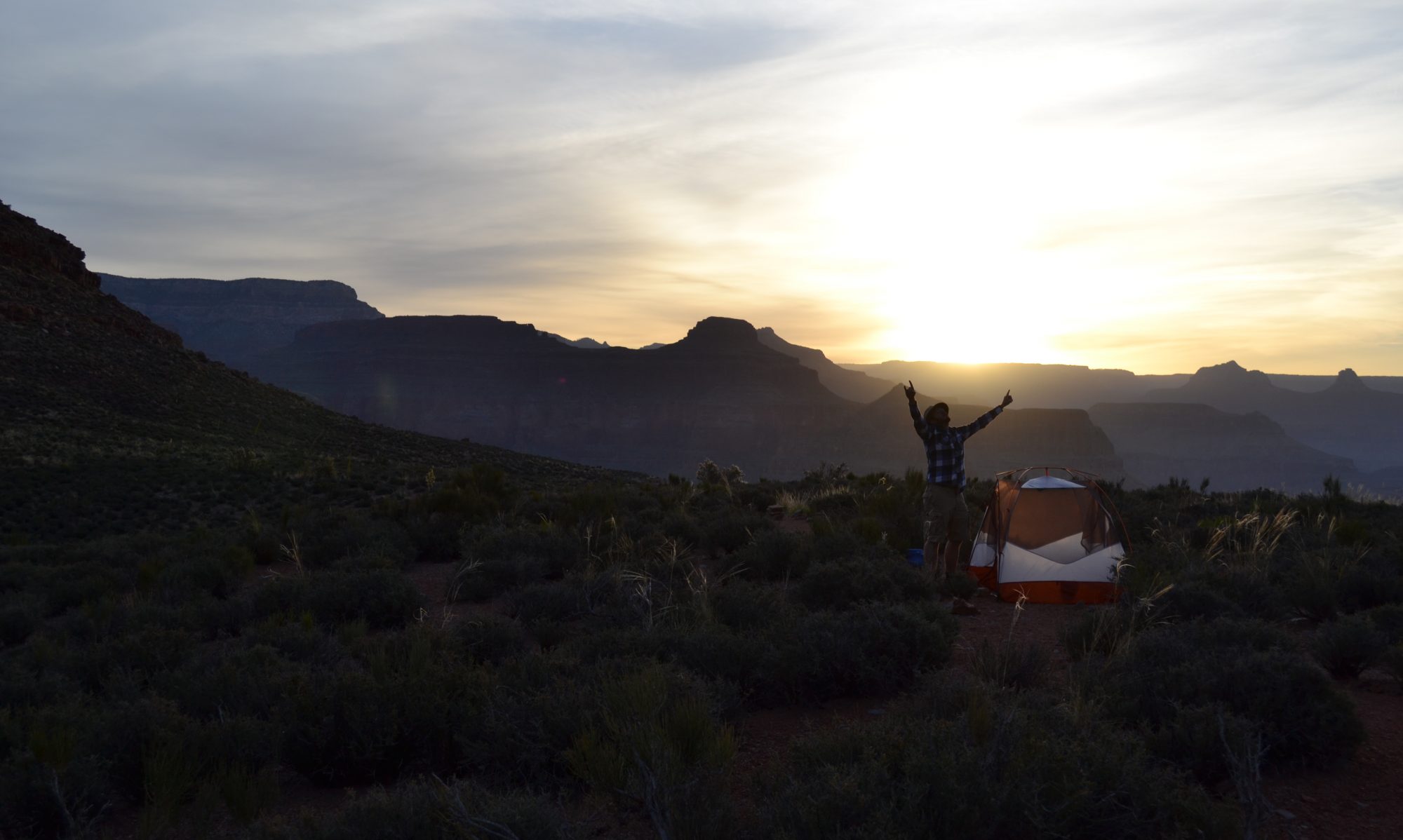Recent environmental historians have mocked Roosevelt as a weekend warrior, an urbanite with money to burn who bought himself a ticket to the wilderness for a few weeks and then returned home. At face value this analysis is true. But from the perspective of 2009 Roosevelt’s desire to connect with nature to rejuvenate himself has proved ahead of its time. Today only 1.9 percent of Americans are living in rural areas, compared with 40 percent when “The Wilderness Hunter” was published, so Roosevelt was anticipating a modern trend. As of 2008 Jefferson’s agrarian vision of the homesteading of the West were kaput. Even Thoreau’s back-to-nature ethos, based on self-reliance, which had a revisionist run in the 1960s, had become cultish at best, a matter of a few survivalists holed up in forlorn mountain cabins in the Sierra Nevada or Appalachians. But Roosevelt’s notion of extreme wilderness experiences in short fixes has become widespread. Shooting the rapids, mountain climbing, rappelling – Americans crave an extreme fix from nature in hundreds of different waves. Whole cities such as Boulder, Eugene, and Asheville cater to consumers of nature like Roosevelt: claustrophobic city dwellers and suburbanites desperate to encounter a rare bird or cypress grove or desert ecosystem before it all vanished.
Extreme Wilderness Experiences in Short Fixes
Douglas Brinkley, “The Wilderness Warrior”
